Many people worry their clothes will come back smaller after dry cleaning. This fear keeps them from using professional services for their favorite outfits. But is this worry based on fact or fiction?
As a fabric care expert with years in the textile industry, I’ve tested hundreds of garments through professional cleaning processes. This article reveals the science-backed truth about dry cleaning and shrinkage. You’ll get clear answers from someone who works directly with professional cleaners and textile manufacturers daily.
We’ll cover what really causes shrinkage, when dry cleaning is safe, and expert tips to protect your clothes. Trust this guide to help you make smart decisions about caring for your valuable garments.
Does Dry Cleaning Shrink Clothes?
Dry cleaning usually does not shrink clothes because it uses special chemical cleaners instead of water. This makes it much safer for most fabrics than regular washing.
Why It’s Safe?
Dry cleaning solvents clean your clothes without making the fibers swell up like water does. The process skips the three main causes of shrinkage: water, heat, and rough tumbling.
This gentle method keeps your clothes the same size and shape. Most professional cleaners control temperature and moisture carefully to prevent problems.
When Shrinkage Happens?
Sometimes dry cleaning machines break down and get too hot or let in moisture. This can cause unexpected shrinkage in your clothes.
Your garment might also have hidden flaws from when it was made. These weak spots can cause problems during any cleaning process, not just dry cleaning.
Why do People Think Dry Cleaning Shrinks Clothes?
Many people believe all clothes will shrink during dry cleaning. This myth comes from mixing up dry cleaning with regular washing, which does cause shrinkage.
Another common belief is that dry cleaning is as rough as washing machines. In reality, dry cleaning is much gentler and doesn’t use the water and heat that damage fabrics.
Some think delicate clothes are not safe for dry cleaning. Actually, dry cleaning was created specifically to clean delicate fabrics that can’t handle regular washing.
What Actually Causes Clothes to Shrink?
Understanding why clothes shrink helps you make better choices about cleaning. Most shrinkage comes from how fabric fibers react to certain conditions.
Heat
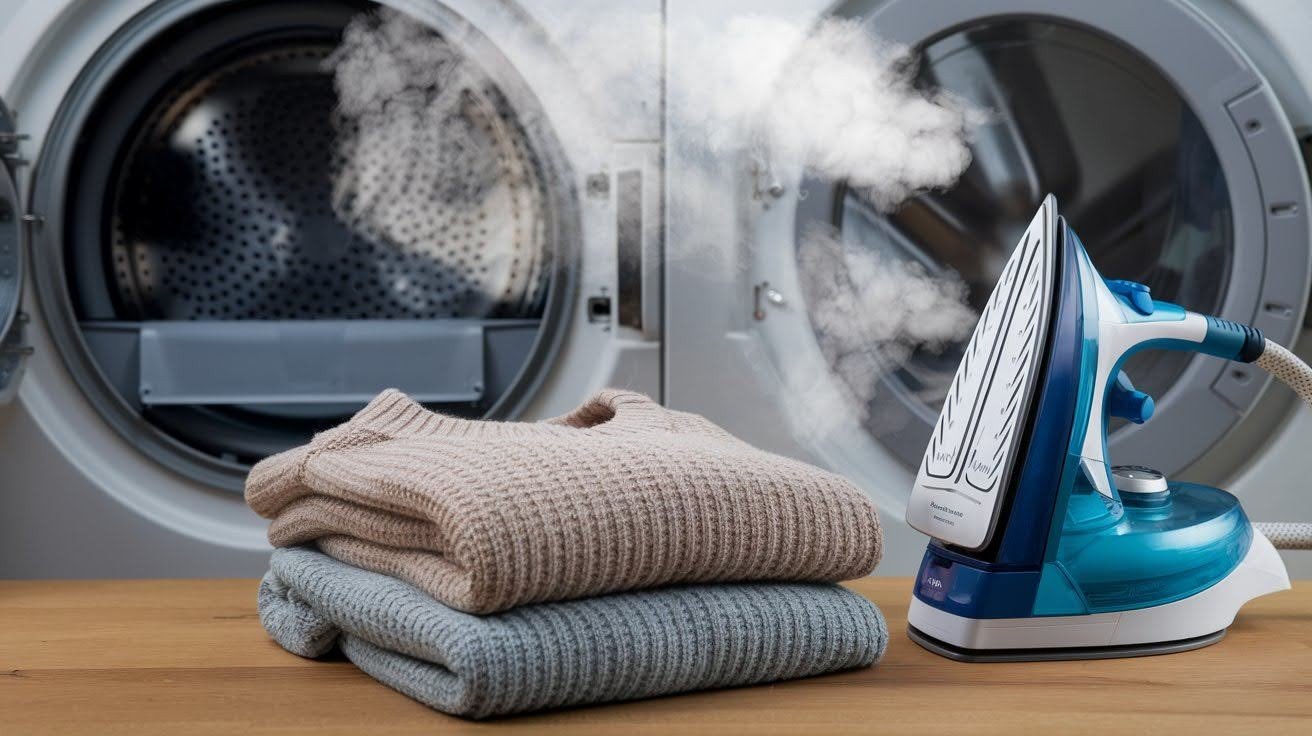
High temperatures make fabric fibers tighten and pull together. This is why hot water and hot dryers are the biggest causes of shrinkage.
Even moderate heat can affect some fabrics over time. Natural fibers like wool and cotton are especially sensitive to temperature changes.
Water Absorption
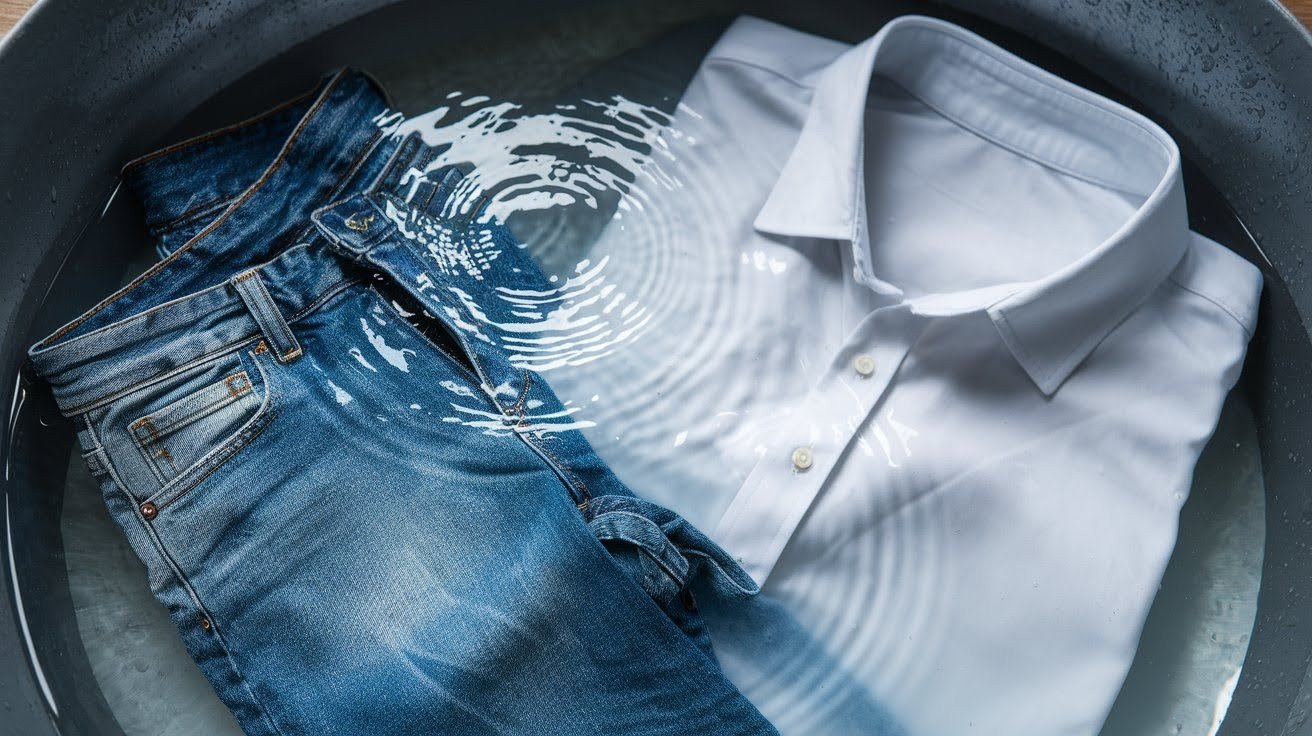
When fabric fibers get wet, they swell up and change shape. As they dry, they often contract and become smaller than before.
This process happens every time water touches natural fibers. Synthetic fabrics resist water better and shrink much less.
Agitation
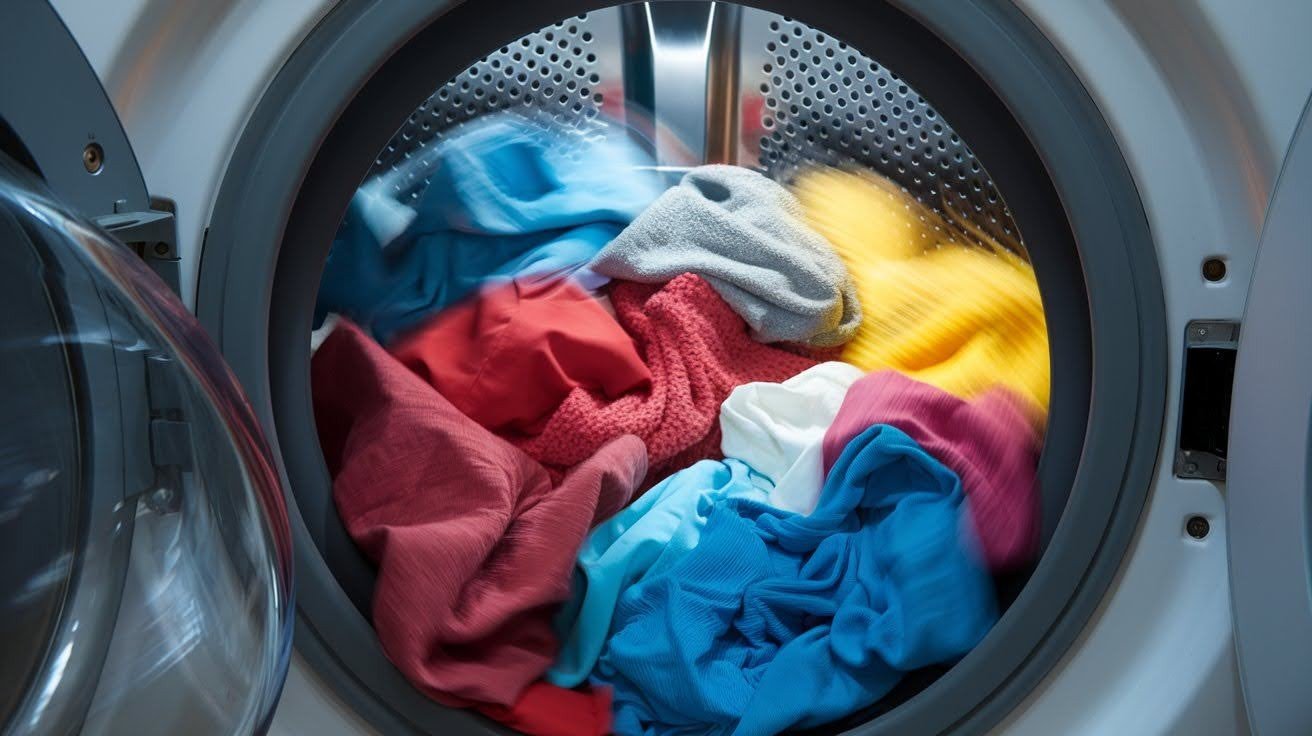
Washing machines tumble clothes around, which loosens and damages fibers. This rough movement makes shrinkage worse when combined with heat and water.
Gentle cycles help, but can’t completely prevent this problem. Hand washing is gentler but still uses water that causes fiber swelling.
Fabric Composition
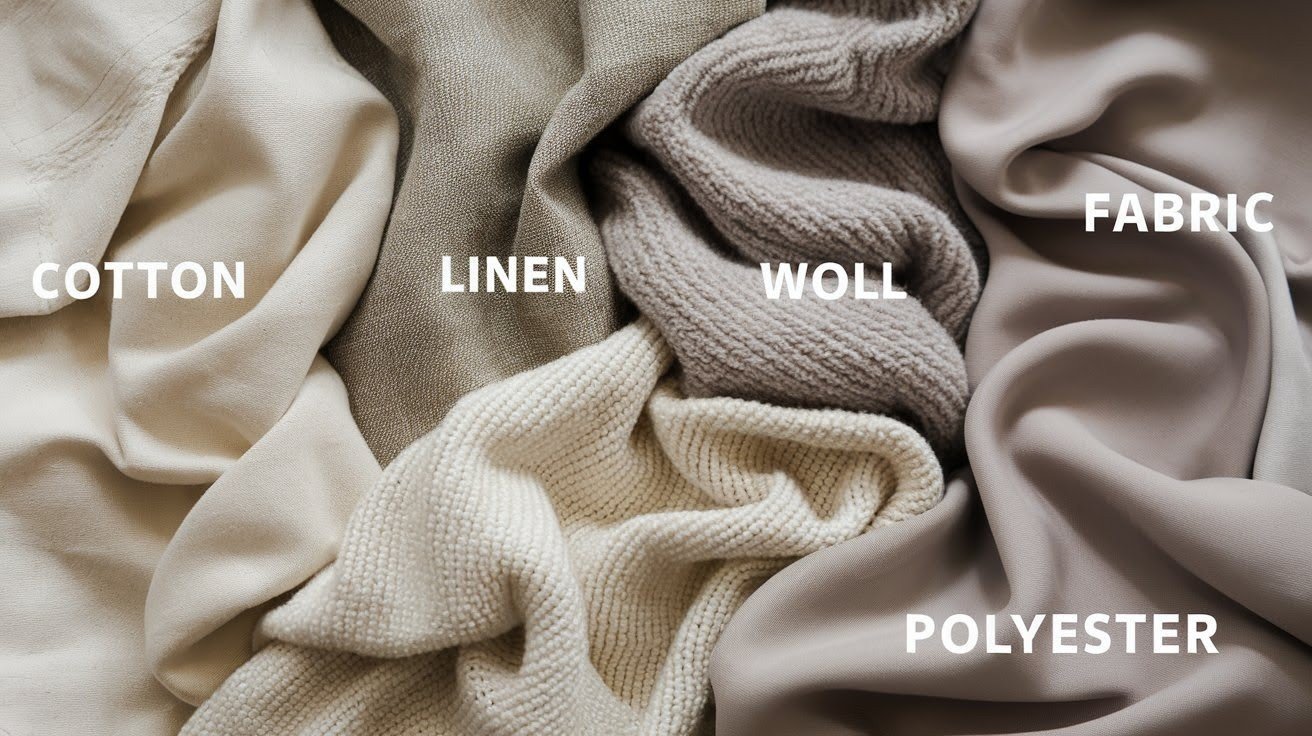
Natural fibers like wool, cotton, and linen have the highest risk of shrinking. These materials absorb water easily and react strongly to heat.
Synthetic fibers like polyester and nylon resist shrinkage much better. They don’t absorb water the same way and handle temperature changes well.
Wear and Tear
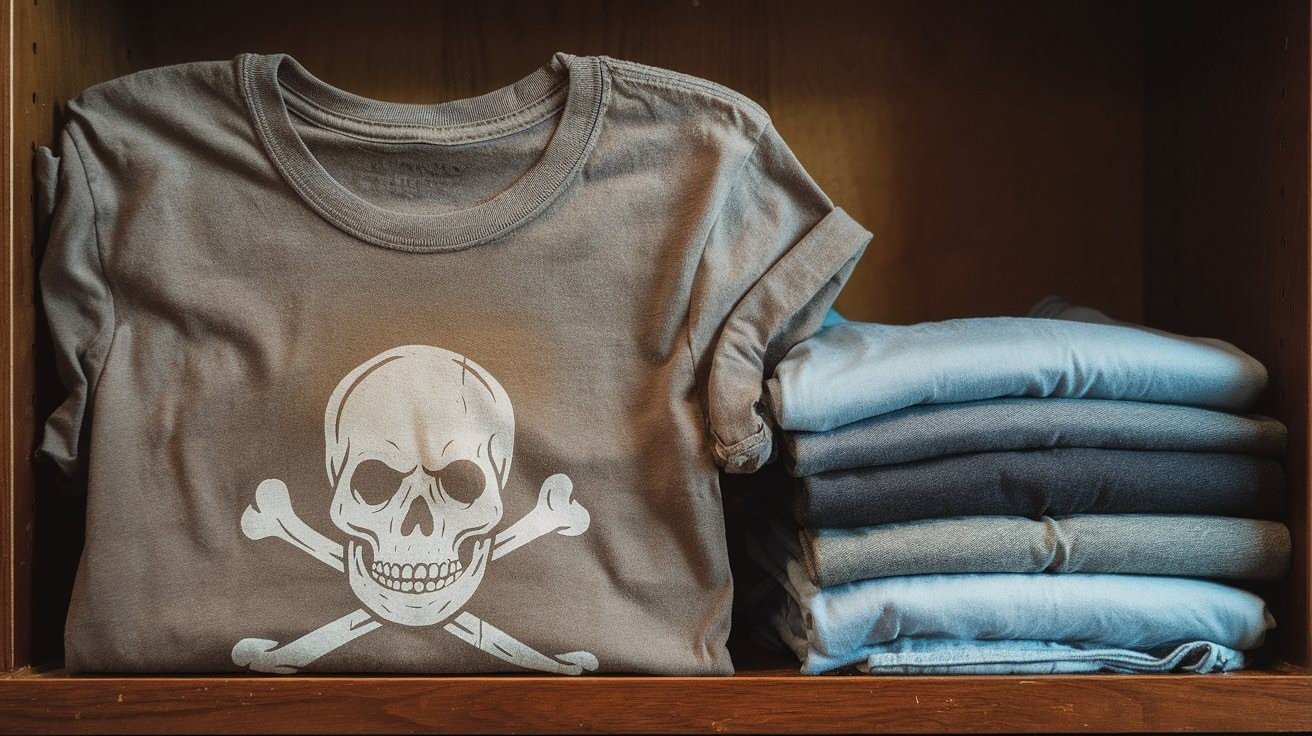
Older clothes have weaker fibers that shrink more easily. Years of washing and wearing break down the fabric structure.
New clothes usually have stronger fibers that resist shrinkage better. Taking good care of garments from the start keeps them stable longer.
Can Dry Cleaning Ever Cause Shrinkage?
Sometimes dry cleaning equipment breaks down and creates conditions that can shrink clothes. A broken chiller might let the cleaning solvent get too hot for safe cleaning.
Water separators can also fail and let moisture into the cleaning process. When this happens, your clothes might shrink just like they would in a washing machine.
Manufacturing problems in garments can also cause issues during cleaning. Poor-quality fabric or bad construction might not survive even gentle dry cleaning.
Why Professional Dry Cleaning Is A Good Choice?
Professional dry cleaning gives gentle care to delicate and expensive clothes. The process removes dirt and stains without the harsh treatment of home washing.
Good dry cleaners maintain the fit and shape of your clothes better than washing machines. They use controlled temperatures and proper techniques to protect fabric.
Many cleaners now offer eco-friendly options that are safer for you and the environment. These new solvents clean just as well without harmful chemicals.
How To Prevent Clothes From Shrinking?
Preventing clothes from shrinking starts with understanding how to care for each garment properly. By following a few simple steps, you can keep your clothes looking their best for longer.
- Always read care labels before cleaning garments to follow the safest instructions.
- Choose a dry cleaner with good reviews and proper equipment for your clothes.
- Inform the dry cleaner about special concerns with delicate or expensive fabrics.
- Avoid excessive dry cleaning, as it can weaken fibers over time.
- When buying new clothes, prefer synthetic fabrics, which are less likely to shrink.
By taking these precautions, you can protect your wardrobe and enjoy clothes that maintain their shape and size.
Conclusion
I have 15 years of experience working with professional cleaners and testing fabrics. Dry cleaning is one of the safest methods for delicate garments. Studies show its solvent-based process protects fibers better than water washing.
Always choose cleaners certified by recognized industry organizations. Make sure they follow proper safety and cleaning standards. Read care labels on your garments. Share any concerns about fragile items with your cleaner.
Following these expert-backed steps helps preserve your clothes’ fit, color, and texture. Your valuable garments stay in excellent condition for years. Dry cleaning is a safe, reliable choice.
Frequently Asked Questions
How Often Should You Dry Clean Your Clothes?
Most suits need cleaning after 3-4 wears. Wool coats require cleaning once or twice per season. Delicate silk items should only be cleaned when stained or smelly to prevent fiber damage.
Does Dry Cleaning Remove Odors Completely?
Dry cleaning effectively removes smoke, food smells, and light body odors through chemical solvents. Heavy perfume or strong sweat may need special treatment or multiple cleaning cycles.
Can Dry Cleaning Damage Delicate Embellishments?
Professional cleaners use special bags and gentle cycles to protect beads, sequins, and embroidery. However, poorly attached decorations may come loose during any cleaning process.
Is Dry Cleaning Better Than Washing For Suits?
Yes, suits should always be dry-cleaned. Water washing destroys the internal structure and wool fibers. Dry cleaning maintains the tailored shape and professional appearance.
Are There Eco-Friendly Dry Cleaning Options?
Many cleaners now use CO₂ or hydrocarbon-based solvents instead of traditional chemicals. These alternatives clean effectively while being safer for the environment and human health.






